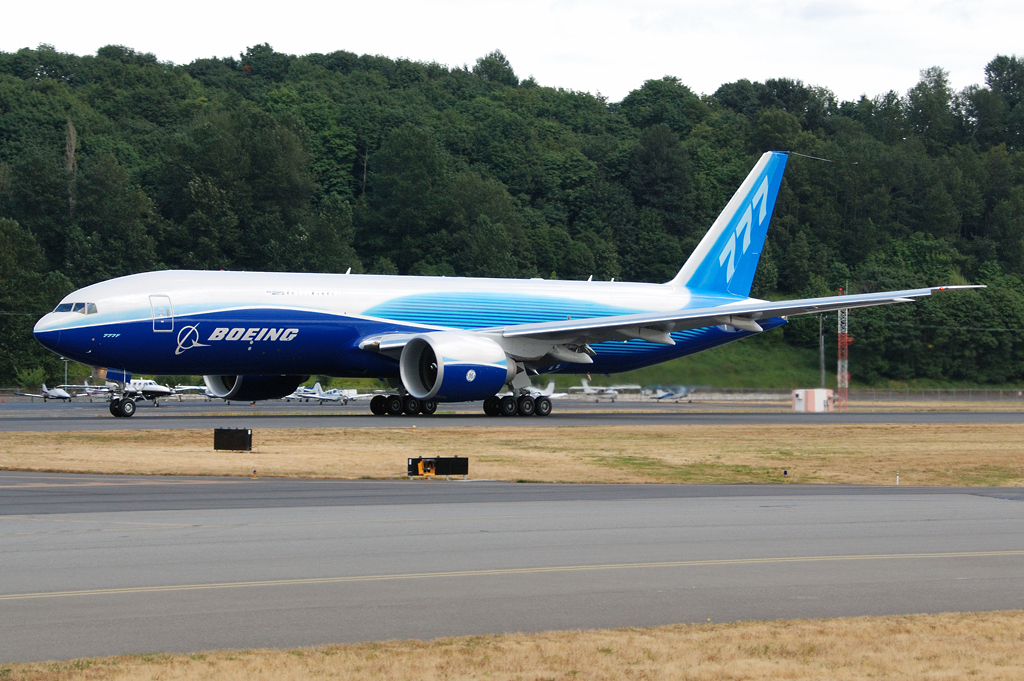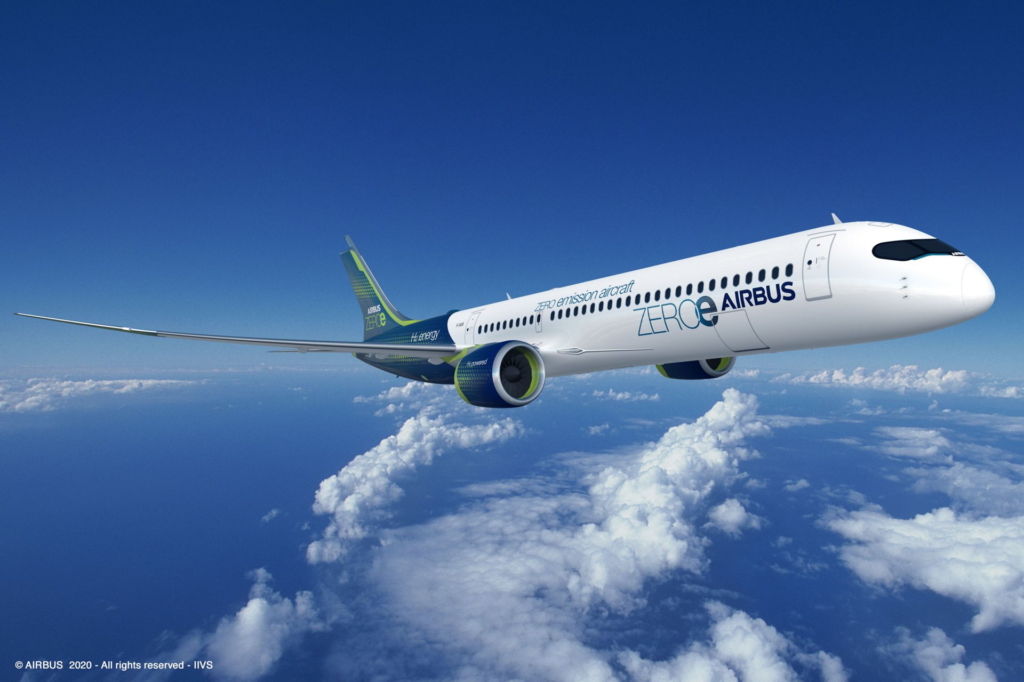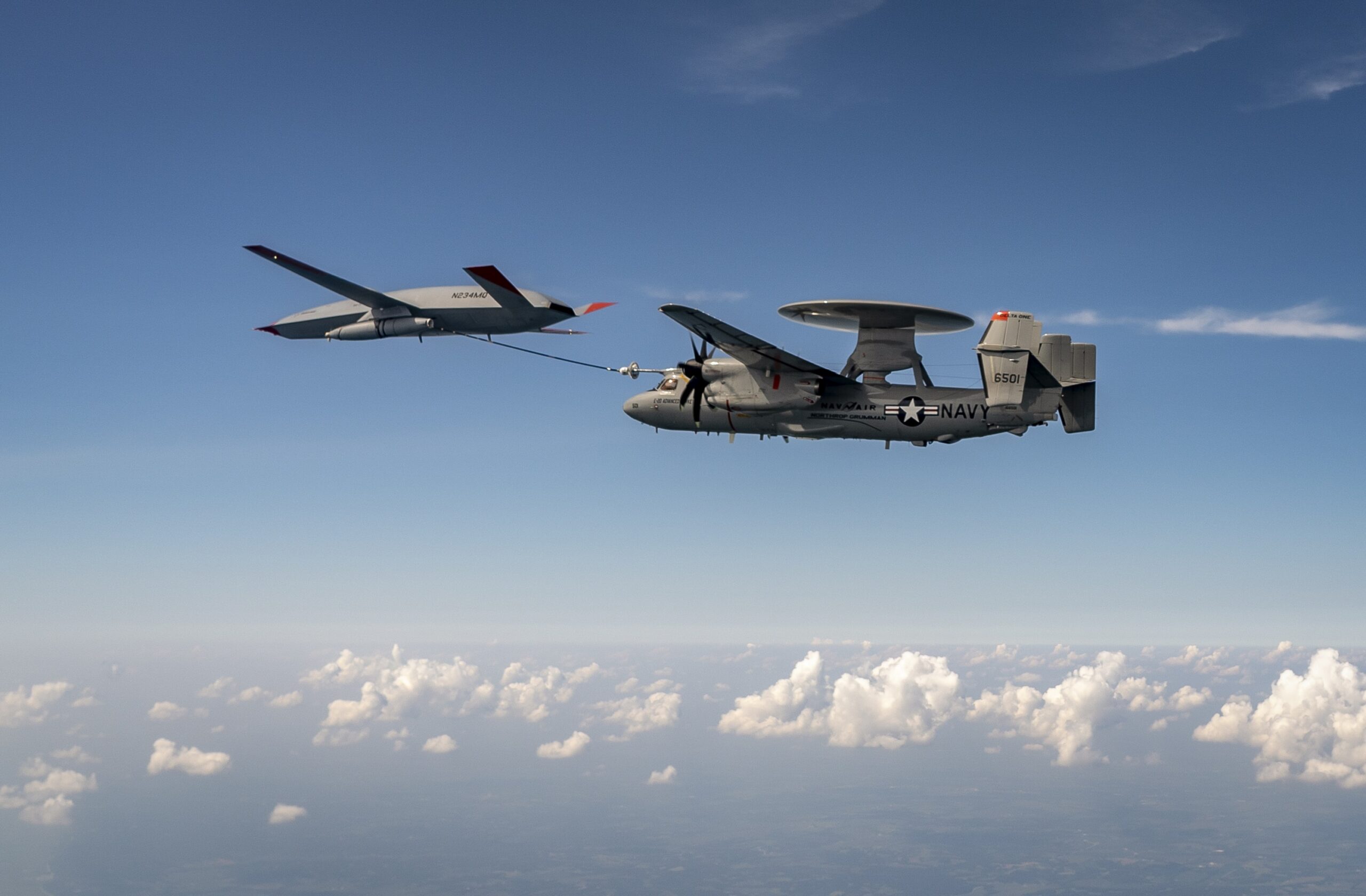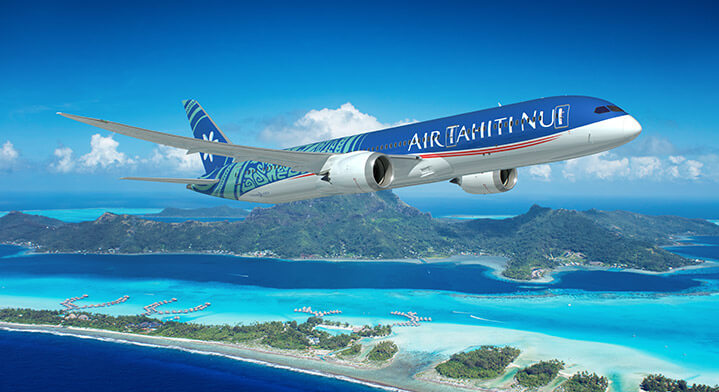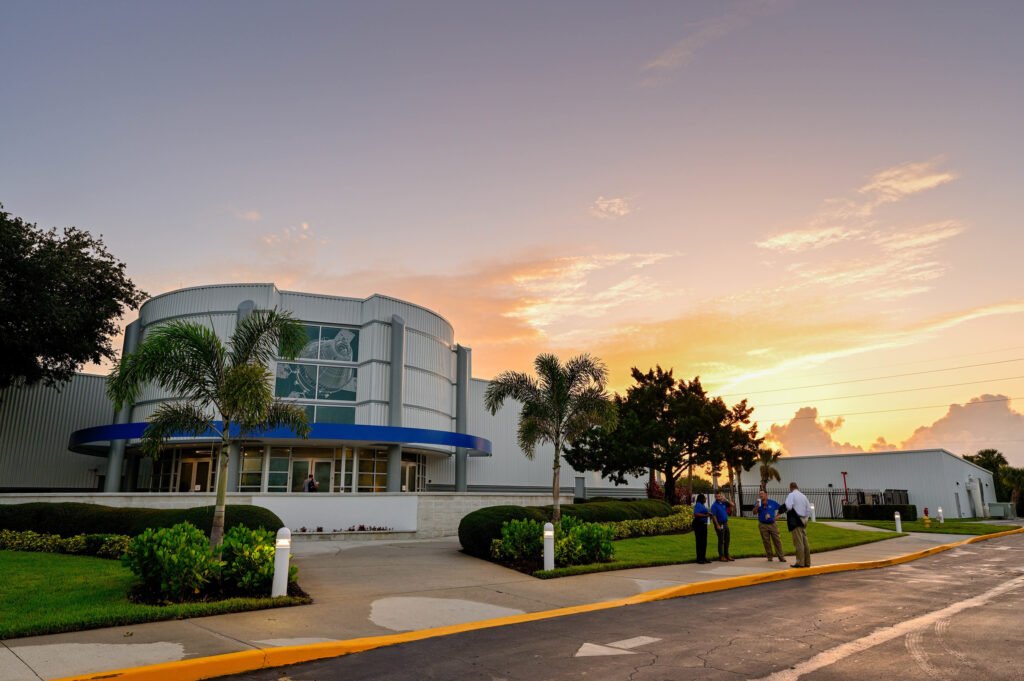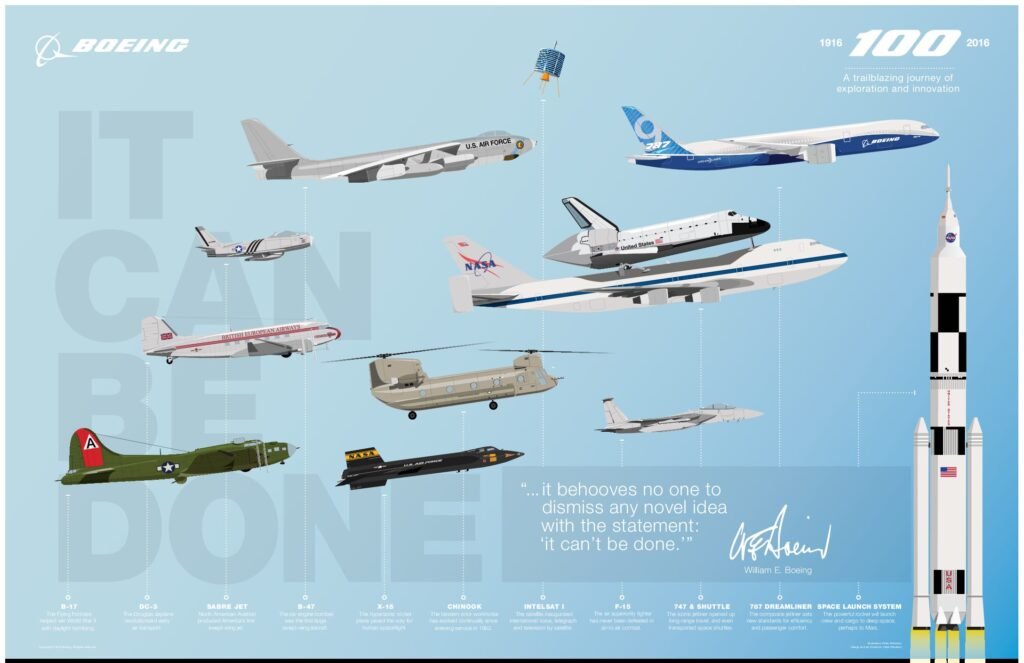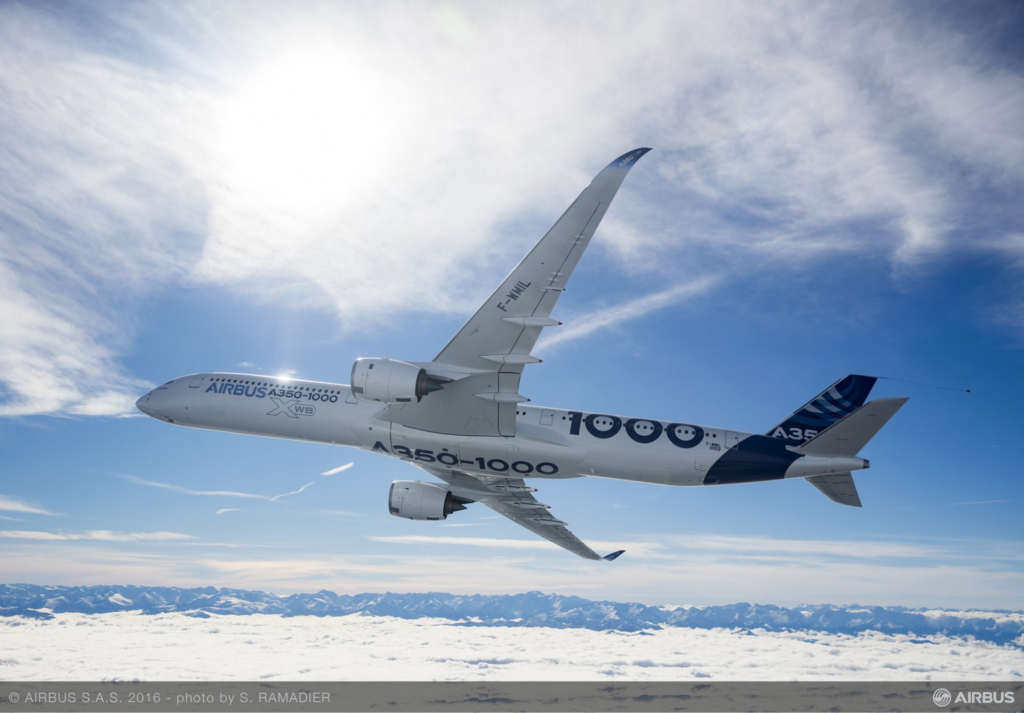Spirit AeroSystems Reports Third Quarter 2021 Results
Spirit AeroSystems Reports Third Quarter 2021 Results Delivered 250 shipsets, compared to 206 in Q3 2020; delivered 47 737 shipsets in Q3 2021 compared to 15 in Q3 2020Revenue of $980 million in Q3 2021,…

